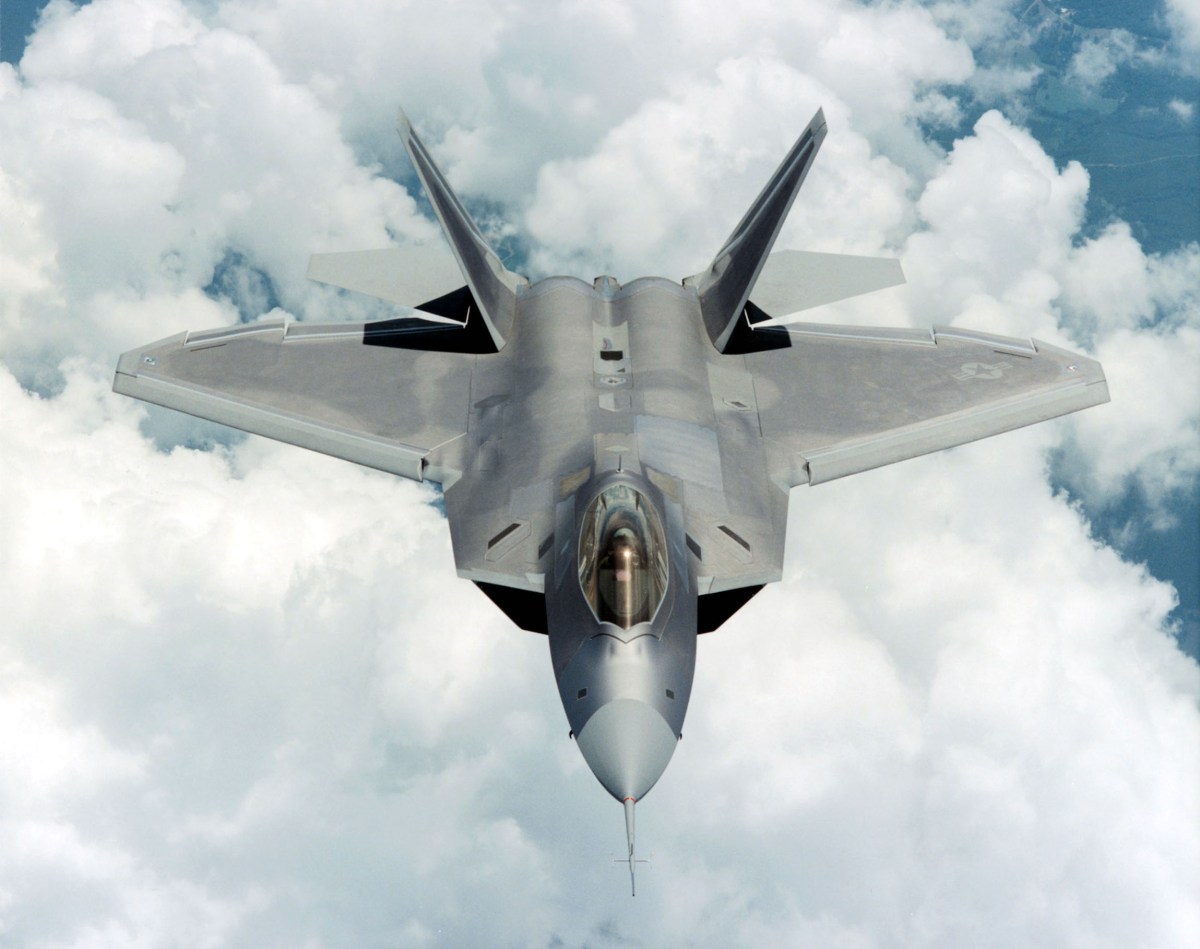The connection between Silicon Valley and the Pentagon is rapidly shrinking as venture capitalists invest heavily in defense tech startups. A new trend in hiring has emerged, with these startups turning to veterans and former Department of Defense officials for their expertise.
Notable examples include Andreessen Horowitz hiring Matt Shortal, Lux Capital bringing on Tony Thomas, and Shield Capital’s Raj Shah, all with military backgrounds. This shift towards hiring ex-military personnel is seen as a strategic advantage, as they possess firsthand knowledge of battlefield challenges, giving these firms an edge over competitors who lack such insights.
This surge in ex-military hiring coincides with a significant increase in investment in defense tech startups, with Silicon Valley injecting nearly $35 billion in 2023 and over $9 billion so far this year. Despite a slowdown in funding this year, the sector remains resilient, with blockbuster fundraises like Shield AI’s $500 million and Anduril’s $1.5 billion showing continued interest and support.
However, challenges persist, particularly with the lengthy Department of Defense acquisition process that can stifle startups. Venture firms that can leverage the connections of ex-military personnel have a distinct advantage in navigating the complex military landscape and securing lucrative deals.
For ex-military individuals, transitioning into a technology-focused career offers a fresh and rewarding path from traditional roles in defense contracting. Despite the lack of exits in the sector, there is optimism for continued growth and opportunities in the defense tech industry.
The synergy between Silicon Valley and the Pentagon mirrors the region’s historical ties to military operations, underscoring the collaborative efforts in addressing contemporary challenges. As this relationship evolves, veterans and DOD officials find themselves at the forefront of innovation, bridging the gap between technology and national security.


